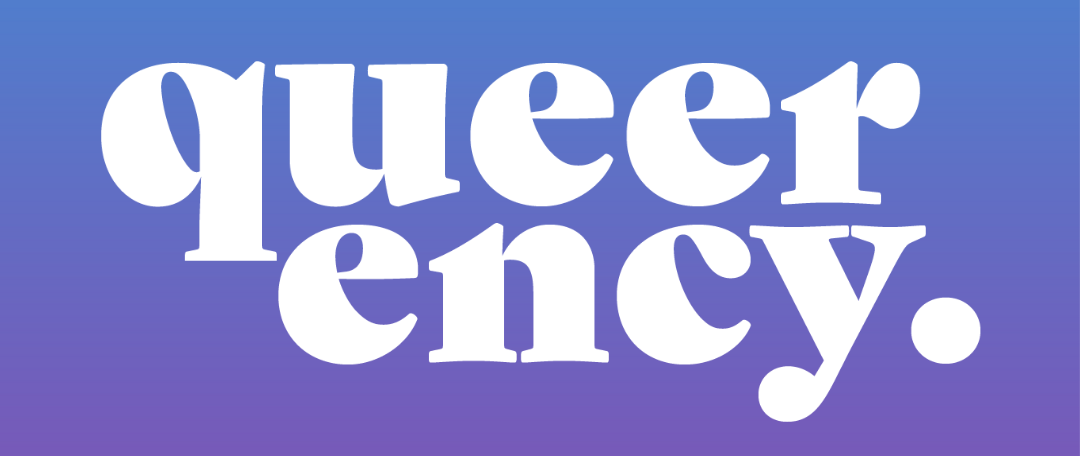We’re conditioned to believe that working harder automatically means achieving more. But constant busyness doesn’t always equal progress. In fact, the people who accomplish the most often do fewer things — just more intentionally.
Doing less isn’t about laziness or lack of ambition. It’s about focus, clarity, and energy management. When you stop trying to do everything, you free yourself to do the right things exceptionally well.
Here’s how to shift from overworking to working smarter.
1. Get Clear on What Actually Matters
Every goal, project, or task should connect to a clear outcome. If it doesn’t, it’s likely cluttering your schedule.
Start by reviewing your weekly to-do list. Circle the three tasks that would move your goals forward the most. Then, give yourself permission to deprioritize or delegate the rest.
You’ll quickly see that progress doesn’t come from doing more — it comes from doing what matters most, consistently.
2. Focus on Energy, Not Time
Most people manage their days around the clock, but your energy is actually the real currency of productivity. Pay attention to when you feel most alert and creative, and schedule your high-impact work during those hours.
During lower-energy periods, handle smaller tasks like email replies, errands, or scheduling. By aligning effort with energy instead of the clock, you’ll accomplish more in less time and with less strain.
3. Say No More Often
Every “yes” takes time, attention, and emotional bandwidth. Saying no isn’t selfish — it’s strategic.
When new requests or opportunities come your way, pause before committing. Ask yourself, Does this align with my top priorities? Will it create meaningful impact or just keep me busy?
Declining the wrong things protects the time and space you need for the right ones. Boundaries aren’t barriers; they’re filters that keep your goals in focus.
4. Build Systems That Save You Time
Doing less doesn’t mean doing nothing. It means doing things in ways that require less effort over time.
Automate or batch recurring tasks. Use tools that help with scheduling, reminders, and follow-ups so your mental energy stays on creative or strategic work.
Even simple habits — like setting up templates, pre-planning meals, or organizing your digital files — reduce decision fatigue and free up bandwidth for higher-value work.
5. Embrace the Pause
Rest is often the most underrated productivity tool. When your brain has time to recharge, it processes information, sparks creativity, and finds solutions that constant work can’t uncover.
Take short breaks between focus blocks, and protect longer rest windows on weekends. Pausing isn’t falling behind; it’s part of the process of moving forward efficiently.
6. Redefine Success
Doing less and achieving more begins with changing how you define “success.” Instead of measuring by how many tasks you complete, measure by how much value you create — for yourself, your work, and your well-being.
Ask: Did today’s work move me closer to my goals? Did I have energy left for the people and experiences that matter to me?
When your answer is yes, you’re not just being productive — you’re thriving.
Doing less doesn’t mean giving up ambition; it means giving your best energy to what truly deserves it. By focusing on clarity, boundaries, and rest, you’ll discover that real achievement isn’t about how much you do. It’s about how intentionally you do it.




